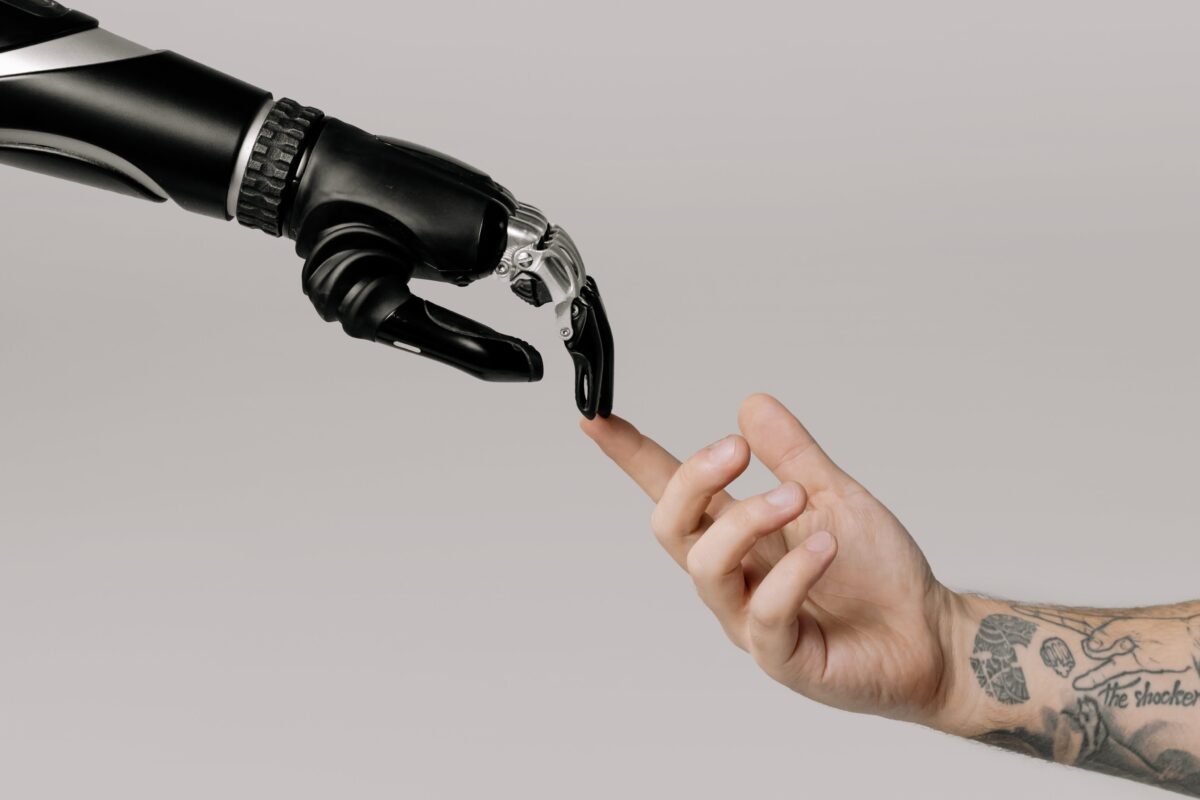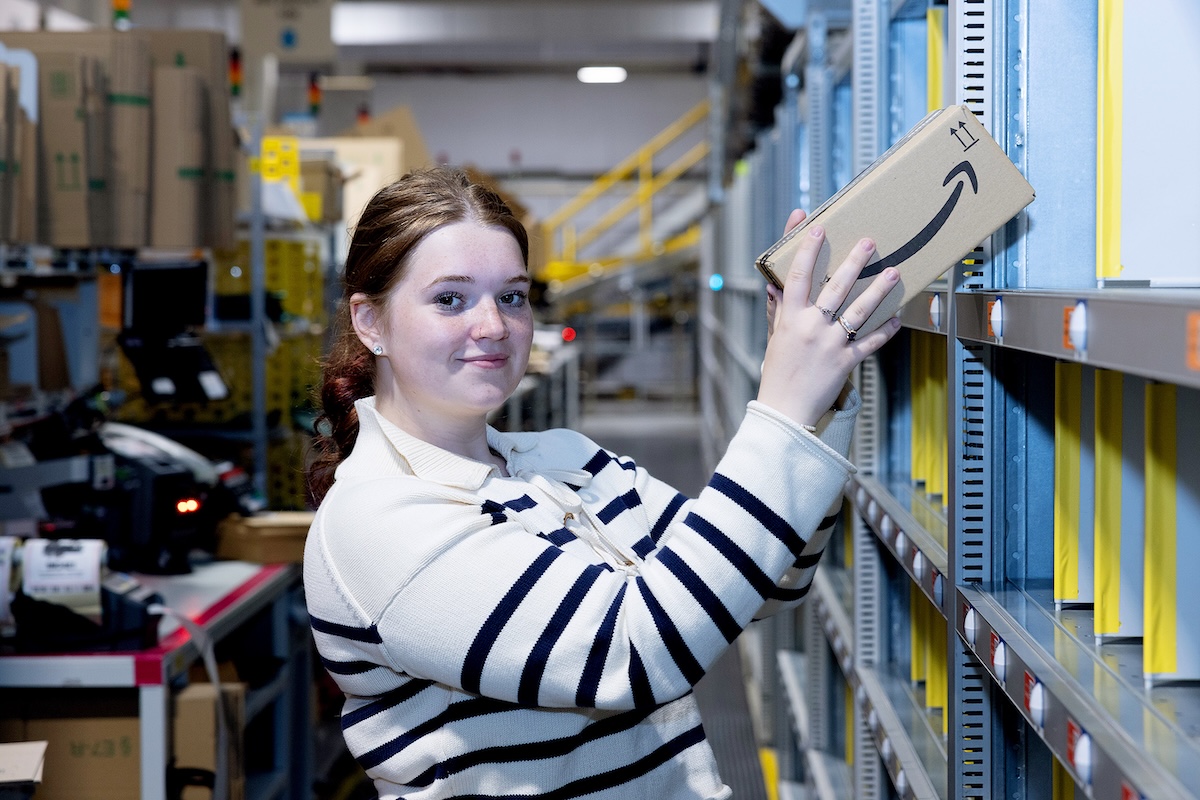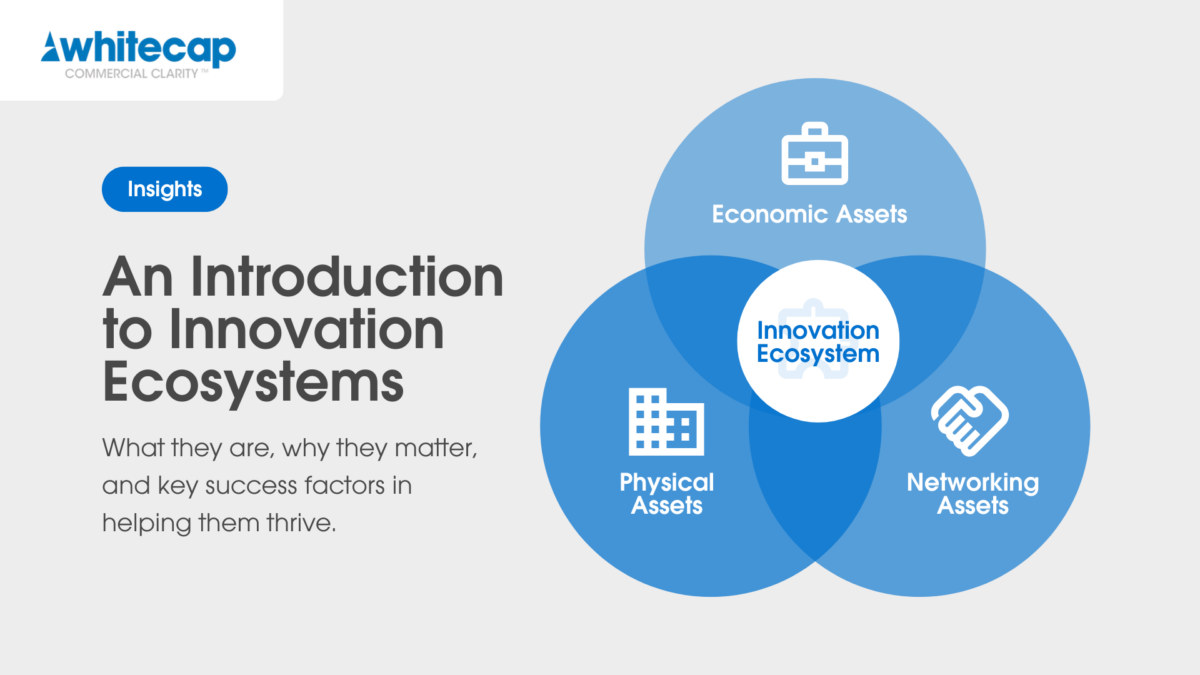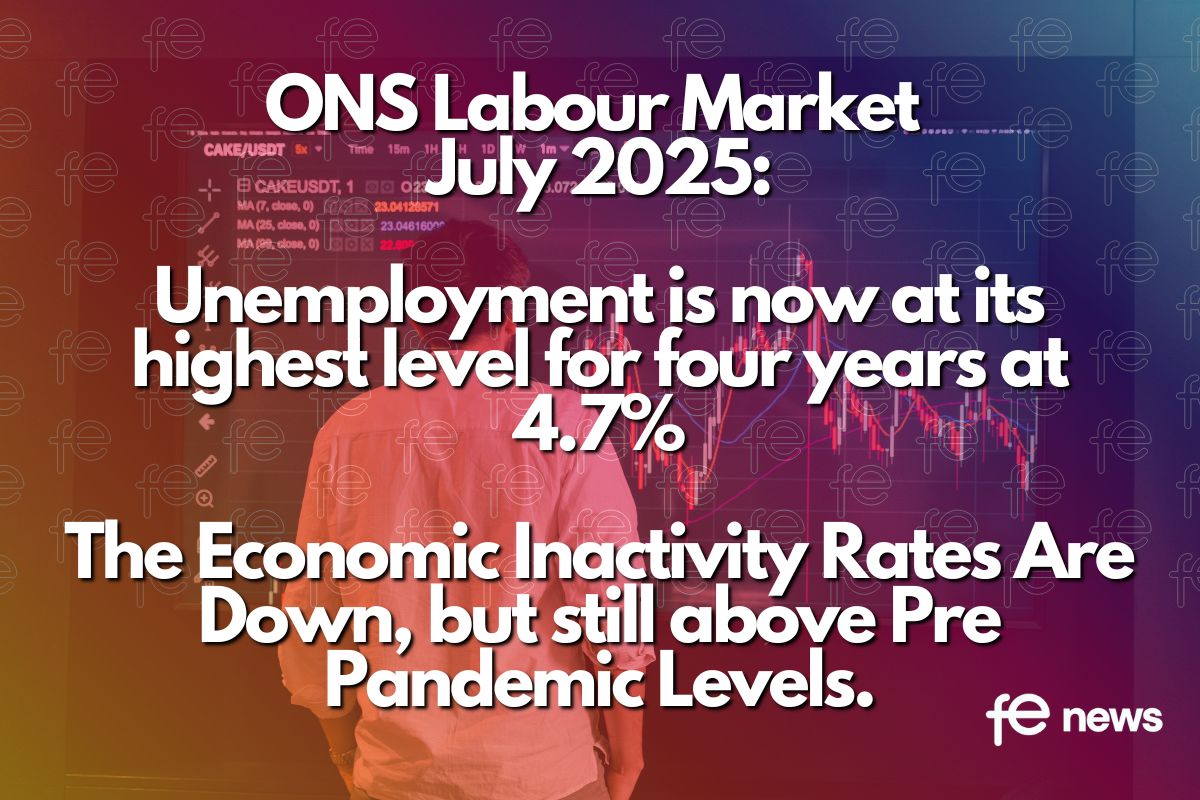The industries shaping tomorrow’s workforce through AI adoption

Artificial intelligence (AI) could be the next big trend in the fashion industry after new analysis found that it has the highest proportion of job vacancies requiring AI skills.
Some 4.44% of the 9,949 vacancies in the fashion industry require job applicants to have an AI related skill which is a stark contrast to its cousin, retail and ecommerce, where only 0.09% of the 91,313 vacancies require AI. Hot on the heels of fashion is the electronic industry with 2.79% of vacancies needing AI.
Tank, a digital PR agency, analysed 18 key industries to uncover the top five industries that are embracing the technology fastest, ranking them based on the proportion of vacancies that involve working with AI.
It comes after world leaders met in the UK to discuss how AI can be developed and used safely. During the summit, Prime Minister Rishi Sunak said that new tools should be used as a ‘co-pilot’ to help people in their jobs instead of replacing them.
The top five industries requiring an AI related skill:
| Sector | Vacancies requiring AI use | Total vacancies | Percentage of vacancies requiring AI use |
| Fashion | 442 | 9949 | 4.44% |
| Electronics | 380 | 13626 | 2.79% |
| Warehousing & Distribution | 89 | 5608 | 1.59% |
| Food & Beverages | 390 | 25577 | 1.52% |
| Automotive | 357 | 34833 | 1.02% |
In top place is the fashion industry, a fast-paced and competitive environment, where AI can help to improve efficiency, identify trends and align supply with demand to reduce waste. Electronics ranked second place – an industry where AI could help with design and development of new products, and automate manufacturing processes.
On the flipside, only 0.09% out of 91,313 vacancies in the retail and ecommerce industry require an AI related skill which is a stark contrast to its cousin, the fashion industry, where 4.44% of vacancies require AI. Tailing retail is the transport and logistics industry where only 0.11% of vacancies need AI.
The bottom five industries requiring an AI related skill:
| Sector | Vacancies requiring AI use | Total vacancies | Percentage of vacancies requiring AI use |
| Retail & Ecommerce | 86 | 91313 | 0.09% |
| Transport & Logistics | 62 | 58456 | 0.11% |
| Healthcare | 349 | 188768 | 0.18% |
| Manufacturing | 86 | 40242 | 0.21% |
| Legal | 93 | 41181 | 0.23% |
The data shows that a majority of job applicants aren’t expected to be skillful in AI when applying for roles in retail and ecommerce. However, in a competitive and trend-led industry, data-driven insights could help retailers improve forecasting, protect margins and transform the customer experience.
Martin Harris, head of digital at digital PR agency Tank, said:
“There’s no doubt that AI is transforming the employment landscape – and I’d argue this is a good thing. It is removing a lot of the labour-intensive drudge work, and giving people more rewarding opportunities to drive success at their business. Like numeracy and literacy, we are likely to see data and AI literacy become a requirement in many technical and non-technical roles.
“Emotional intelligence is, and always will be, a human trait. It cannot be replicated authentically in a machine, but it can improve the strengths of that trait by backing it up with evidence. This year, in particular, it feels like AI has come of age and because the technology is so powerful, human judgement and oversight are more important than ever.”
To view the full research visit here.












Responses